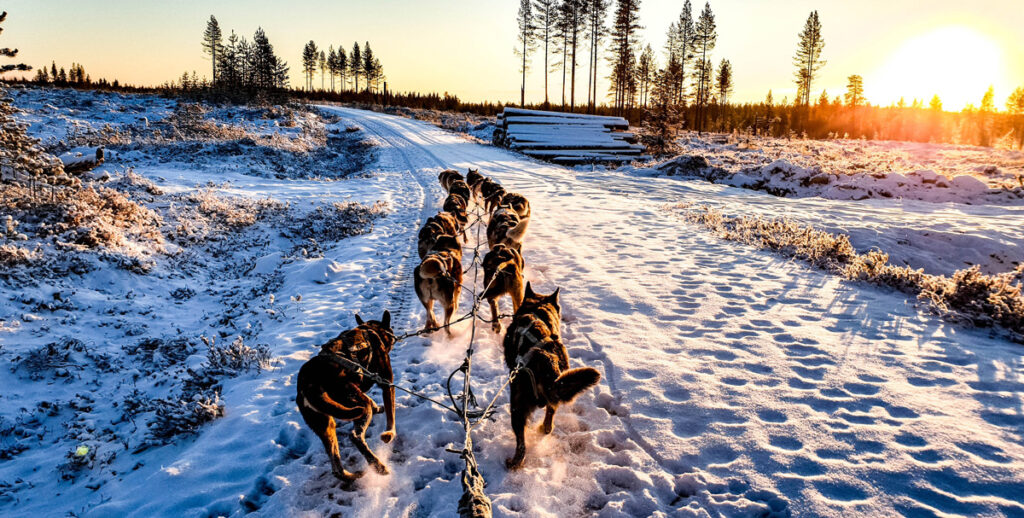
Well, what a year 2020 has been! Somehow, it’s been a year that has dragged, causing monotony in our everyday routines and making us wonder whether life will ever change, yet on the other hand it’s gone by in the blink of an eye, leaving us wondering how it’s December already?! It’s certainly been a rollercoaster.
I don’t think I’m alone in hailing (and hoping!) for the New Year to be the start of a more positive period. A year that will surely enable everyone to get a vaccine, and with it, bring togetherness, happiness, better health and prosperity. And whilst I keep my fingers crossed that it will bring all these things, I think we also need to be realistic in that the events of this year will impact us for some time to come and we will all need some time to adjust after what 2020 has thrown at us.
Since the pandemic began, anxiety and uncertainty about the future has been high. Our old world (pre-pandemic) thrived on efficiency and normality. Ultimately, we prospered due to predictability.
However, in our complex ‘new normal’ world, plans rarely go to plan and let’s face it -the New Year is likely to be no different. Trying to eliminate uncertainty over the coming months will be impossible and we need to make sure we adapt and adjust constantly. And this is why building team resilience in work will be so important.
I like the way Jacqueline Conway at Waldencroft put this. She explained “…team resilience and individual resilience are not the same thing. It’s not enough to assemble a team of resilient individuals and assume that this equates to a resilient team. Team resilience is created when team members use their individual and combined resources to positively adapt to challenge and adversity, before, during and after it occurs.”
Resilience in the workplace encourages us all to embrace change, rather than focus our energy on restraining it. It allows us to grow and prosper, even when we don’t understand everything that is going on. Most importantly though, it allows us to reimagine the unknown, adapt to uncertainty and build towards a better future together.
With this in mind, here are my seven top tips to help build greater resilience within your teams as we go into 2021:
- Ensure regular communication: Communication, as they say, is always king – especially within a team. Regular communications and making provision for teams to connect (and stay connected) will enable a sense of unity and belonging, allow more clarity around the wider business and reassure the whole team that they are valued and secure. Maintaining morale and unity as we go into 2021 will be paramount to fostering a more resilient team and preserving a culture of learning and engagement long-term.
- Understand motivations: It’s going to be even more important to understand individual team member’s underlying motivators, and specifically what motivates them in the context of the ‘new normal’ in the New Year. This must include both their professional life, and indeed their personal life, as both will impact their intrinsic motivators and how they show up at work. Once you know this, keep playing this back to the individual and adjust ways of working where required to ensure you are meeting these motivators, both for them individually and as they work as part of a team, so that they feel valued and secure.
- Think holistically: Think about how you join up your people strategies and objectives – from learning to culture to motivation to performance to reward and engagement. Never look at one area on its own. Ultimately a cohesive and impactful people programme should encompass all these touchpoints, giving a consistent and long-term message to employees about your company values and shared aspirations – investing in them as individuals (and teams) is central to your future success. Taking a less siloed approach to your programmes and thinking more holistically will help teams avoid becoming confused by the purpose and objectives of multiple different initiatives. It is essential that employees feel part of a very clear and defined ‘big picture’ where their contribution is valid, and they can see where they have made (and can make!) an impact.
- Problem-solve together: When problems are uncovered (which they undoubtedly will), the key is not to lay blame or criticise, but to discuss the problem-solving steps needed to solve them openly as a team together. Then your team should review why and how the problem(s) occurred and put in place a countermeasure(s) to ensure that you can avoid the issue happening again. Empowering your employees and encouraging joint accountability through working together, listening to one another and establishing root-cause through the problem-solving process will really help here. Not only will this ensure problem-solving becomes a learning process, it will also demonstrate collective respect and allow your team to feel supported and able to speak up.
- Prioritise team building: Team resilience comes from confidence in the strength of the ‘team’ to overcome difficulty. It’s therefore important to facilitate opportunities for your team(s) to strengthen their bonds, especially having been socially distanced and geographically apart for so long for so many. Team building activities such as those designed to reinforce your brand values will give fresh focus in the New Year and also help reconnect employees.
- Build a culture of support: As a leader, you can make a real impact in how your team interacts with each other. Instead of focusing on results, or blame when things don’t go to plan, the key is to turn inwards and focus on your relationship with the team and indeed, their relationship with the organisation. Be transparent about their role within the company, their purpose and ensure they know you are working with them in partnership. If employees know they are part of something bigger, where their input is valued and where they experience mutual trust through collaborative






